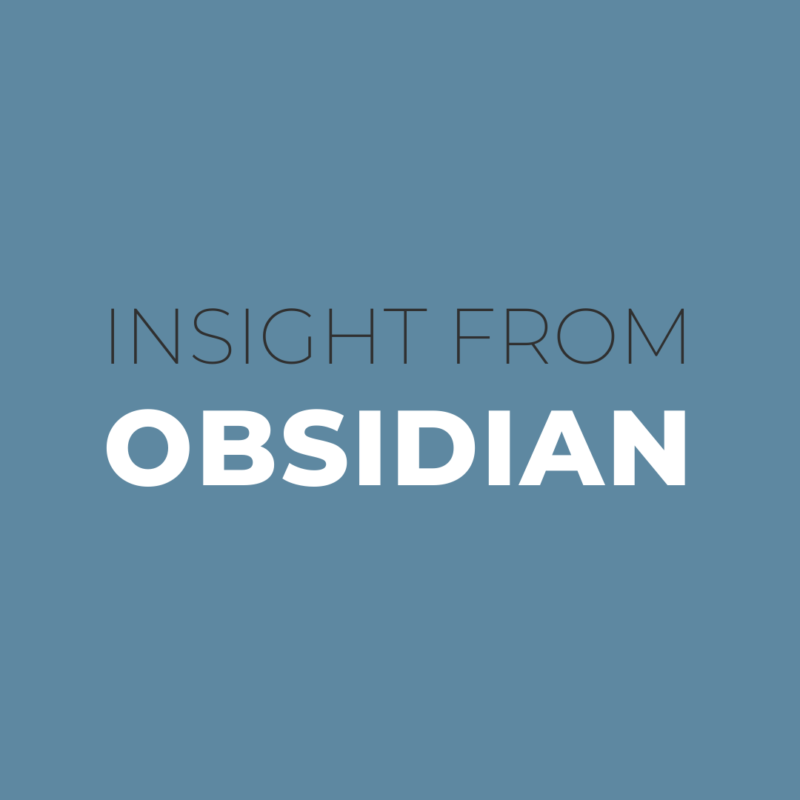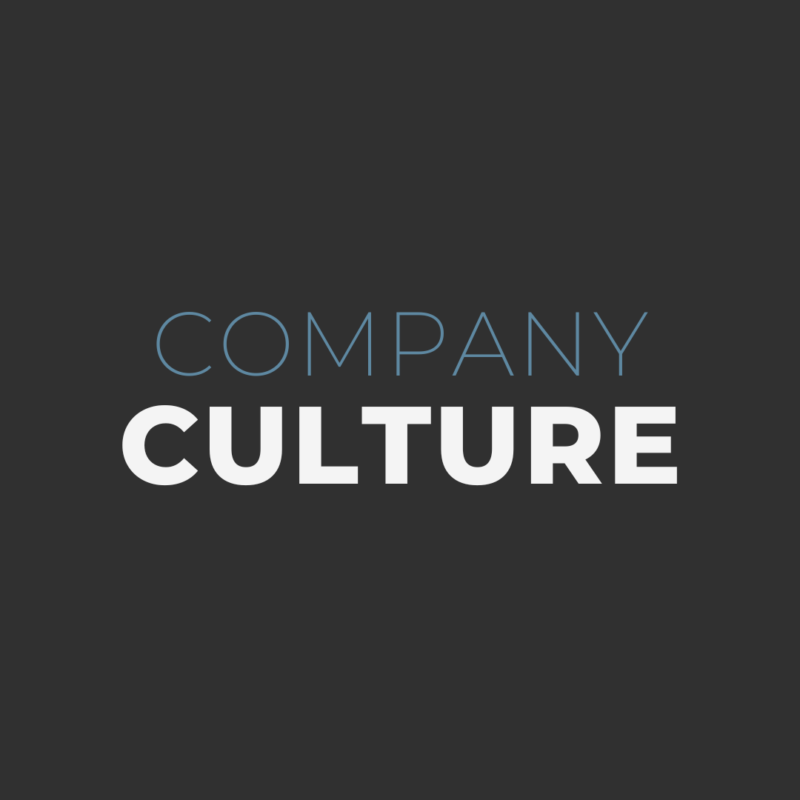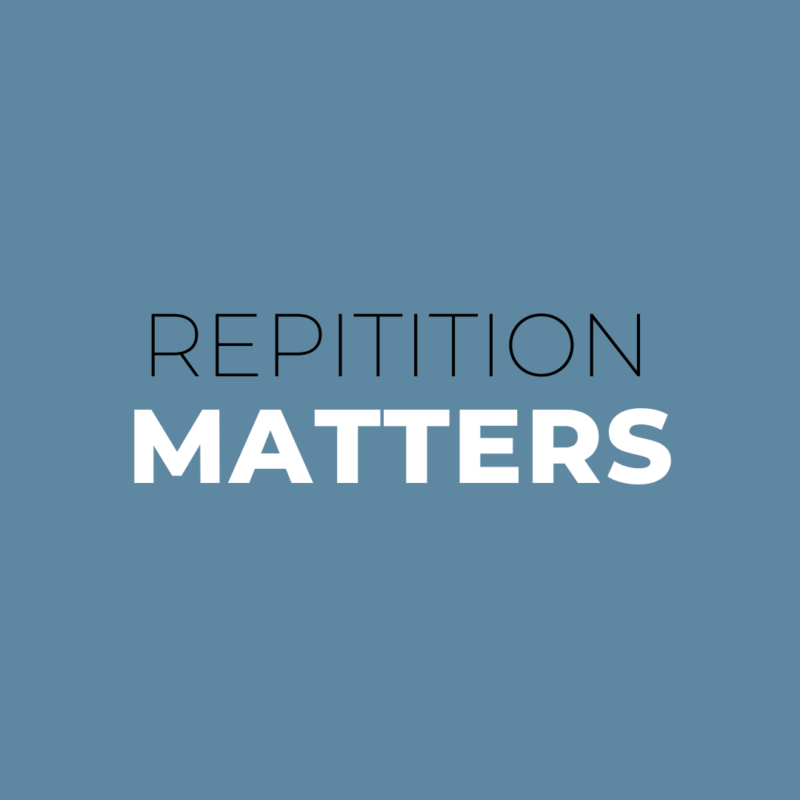Personal Branding: Always Be Prepared for Your Next Job Opportunity
While there are swells in job-seeking activity at specific periods of the year, such as at the very beginning of the year (the first Wednesday of January is noted by Monster.com as the most popular day of the year to look for a new job), the next best job opportunity can pop up at any time. Instead of polishing up your resume and social skills only after you’ve decided to look for a new job, experts advise that you pay attention to your personal brand year-round.
A personal brand is like any other brand. There’s a backstory that communicates how a company or product came to be, and there’s often a mission, vision or purpose statement attached to that brand. And, there’s always a brand promise – that is, what the brand says it will do for or give customers.
So, what is your backstory? What vision or purpose drives you, and what is your brand promise? Are you effectively communicating all of these in your online presence and real-world interactions on a daily basis?
Many of the tips that PR professionals and branding experts suggest for clients can be passed along to individuals who are building personal brands.
Own your story
Figure out how to best communicate your story at any time. Think in terms of an “elevator speech” – what would you highlight if you had to describe your history to someone in the time it takes for an elevator ride?
Additionally, consider where your story is being told – such as online – and ensure that your digital presence aligns with the image you project in the business world. Ensure that you have proper mediums in place to communicate your story. LinkedIn is a great platform for housing your resume and publishing content that showcases your expertise.
Jessica Van Eyck, a recruiter for Vaco Memphis – which offers consulting, contract and direct hire solutions in the areas of accounting, finance, technology, health care, operations and administration – confirms that it’s imperative that candidates have an online portfolio, especially those in the creative industry.
“There are several good websites that will host your portfolio,” she said. “I often recommend carbonmade.com.”
Be seen
Put yourself out there. Join (and attend) networking groups and introduce yourself to important people. In another context, make sure you stand out in the crowd. Don’t rely on the same ol’ practices to communicate your brand story. Consider a brief introductory video of yourself to post on LinkedIn and to send to potential employers along with your resume.
Van Eyck cautions clients not to go overboard with out-of-the-box tactics.
“When building your personal brand, you want to be able to stand out from the crowd, but you don’t want to be talked about by the crowd,” she said. “Think simple.”
Vaco recruiter Piper Ochsner additionally advises candidates to be prepared to deliver a similar video-worthy introduction in person, as well, and suggests that a candidate’s ability to answer the inevitable interview opener “Tell me a little about yourself” can make or break an interview.
“Being able to communicate your skills and goals right off the bat is one of the most effective ways to set the tone in an interview,” she said.
Get published
Showcase your expertise in front of your audiences. Publish a blog and promote your posts through your LinkedIn profile and other social media channels, or better yet, identify respected blogs in your business networks and submit guest posts. You can also offer yourself as an expert to local and industry media who write about topics you can provide insight on.
“A person can talk about oneself all day long, but creating more tangible evidence of expertise and experience truly sells a person much more quickly and with more ease,” said Courtney Ellett, founder and owner of Obsidian Public Relations. “Whether through media opportunities or smart content marking strategies, you’re creating more immediate credibility, trust and intimacy with potential employers.”
Always bring your best game
There’s a well-known saying by Warren Buffet: “It takes 20 years to build a reputation and five minutes to ruin it.” By making a commitment to bringing your best game everywhere you go, you ensure that your brand maintains a positive reputation, leaving no room for ruin.
Ellett maintains that the simplest of hiccups could damage great employment opportunities.
“I’ve seen some stellar resumes come through to my inbox, but when I go to cross-check writing samples and social media presence, they’re a major disappointment. Those candidates just didn’t put as much effort into those personal brand pieces, or those happened to be weak points for them as PR professionals, which was a flashing red light to me in either case.”
*This article was originally published on Cision on June 21, 2016.


